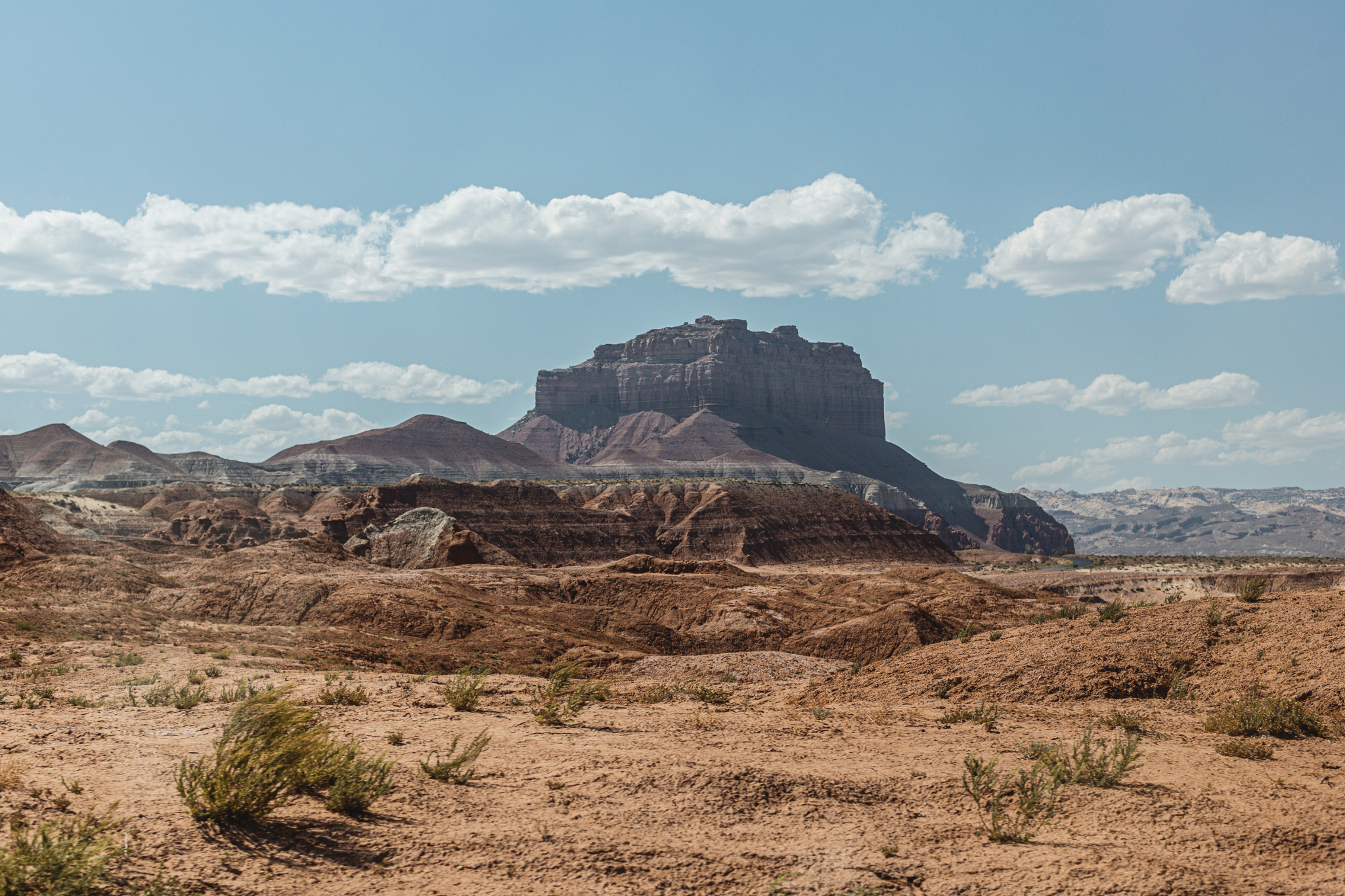How Old Is The Earth According to the Bible? This intriguing question has captivated the minds of scholars, theologians, and curious individuals alike. As we delve into the realms of religious perspectives and scriptural interpretations, we embark on a journey to explore the biblical understanding of the Earth's age. Delving into the rich tapestry of biblical texts and genealogical records, we aim to uncover the insights and varying viewpoints that shed light on this age-old inquiry.
How old is the Earth according to the Bible?
According to the Bible, determining the exact age of the Earth can be challenging due to interpretational differences among scholars and theologians. However, some Bible scholars have attempted to estimate the Earth's age by tracing back the genealogical records mentioned in the Old Testament. One well-known estimation is based on the biblical genealogies from Adam to Jesus Christ. By adding up the ages of individuals mentioned in these genealogies, some have concluded that the Earth is approximately 6,000 years old.
It's important to note that this interpretation is not universally accepted and has sparked debate within Christian circles. The genealogical approach assumes a strict chronological reading of the Bible, taking into account the ages of individuals and the events mentioned. However, there are alternative interpretations that consider factors such as symbolic meanings or gaps in the genealogical records. As a result, the Bible does not provide a definitive answer regarding the precise age of the Earth.
How old is the Earth according to science?
In contrast to the biblical perspective, scientific research suggests that the Earth is approximately 4.5 billion years old. Scientists have arrived at this estimation using a variety of dating methods, such as radiometric dating, which measures the decay of radioactive isotopes found in rocks and minerals. These dating techniques allow scientists to analyze the age of the Earth's rocks and the minerals they contain, providing valuable insights into our planet's history.
Radiometric dating methods, including uranium-lead dating and potassium-argon dating, have been instrumental in determining the age of the Earth. By studying the ratios of parent and daughter isotopes in rocks and minerals, scientists can calculate the time that has passed since their formation. These methods have been extensively peer-reviewed and have stood up to rigorous scientific scrutiny, leading to a consensus among the scientific community that the Earth is billions of years old.
Arguments for the Earth being 6,000 years old:
Despite the scientific consensus, there are arguments put forth by some individuals who believe in a young Earth, primarily based on biblical interpretations. One argument often cited is the concept of "apparent age," which suggests that God created the Earth with the appearance of age. This viewpoint asserts that the Earth may have been created with geological features that make it appear older than it actually is.
Another argument is based on the belief in a global catastrophic event, such as Noah's Flood, which could have significantly altered the Earth's geological processes and dating methods. According to this perspective, the flood could have caused rapid sedimentation and other geological changes, making the Earth appear older than it truly is.
Additionally, some proponents of a young Earth argue that scientific dating methods are flawed and unreliable. They claim that assumptions made in radiometric dating techniques, such as the constant decay rates of isotopes, are not necessarily accurate or consistent. They propose alternative models that suggest rapid decay rates or other mechanisms to explain the observed data.
No Written Language before 6,000 Years Ago:
The absence of written language before approximately 6,000 years ago is a significant point to consider in the discussion of the Earth's age. Writing is a fundamental tool for recording and transmitting knowledge, culture, and history. The earliest known writing systems, such as cuneiform and hieroglyphics, emerged around 3,500 BCE in Mesopotamia and ancient Egypt, respectively. These systems marked a major milestone in human civilization, allowing for the preservation of information over long periods.
If there were humans living on Earth prior to the development of writing, it is reasonable to assume that they would have left some form of written records or inscriptions. However, the absence of such evidence raises intriguing questions. Could it be that human civilization, as we understand it today, did not exist or had not reached a stage where writing was necessary? Alternatively, it is also possible that any early forms of writing may not have survived the ravages of time due to their perishable nature or the lack of preservation.
While the lack of written language before 6,000 years ago does not definitively prove the Earth's age, it does provide a valuable piece of evidence to consider within the broader discussion. It emphasizes the significance of written records in understanding and unraveling human history and prompts us to explore other forms of evidence, such as archaeological discoveries and oral traditions, to piece together the puzzle of our ancient past.
Conclusion:
The question of the Earth's age has been approached from both biblical and scientific perspectives. While the Bible does not provide a definitive answer, some interpretations based on genealogical records suggest a relatively young Earth of approximately 6,000 years. On the other hand, scientific research utilizing radiometric dating methods suggests that the Earth is approximately 4.5 billion years old.
It's important to respect and understand differing viewpoints on this topic. Both the biblical and scientific perspectives offer valuable insights into our understanding of the Earth's age. As our knowledge and scientific advancements continue to progress, it is possible that new discoveries may shed further light on this intriguing question. Ultimately, the exploration of the Earth's age serves to highlight the diverse ways in which we seek to comprehend the world around us.








No comments